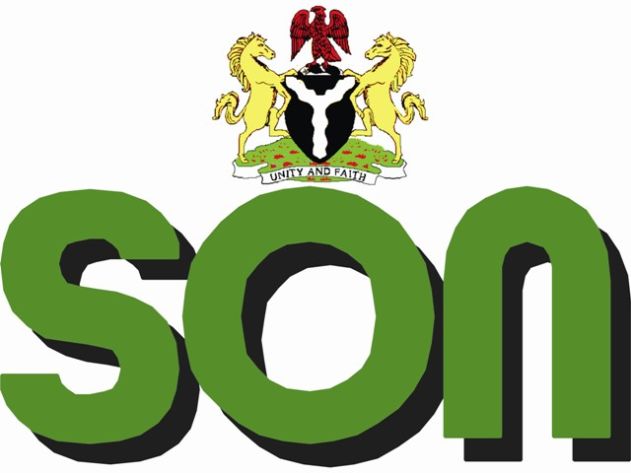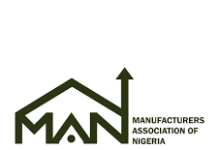President of Dangote Group, Aliko Dangote has lamented that Nigeria expends about $1.8billion yearly to import approximately 3.2 million metric tons of rice to feed its population.
The business tycoon said this huge foreign exchange (forex) would have been used on more impactful social development interventions if they were not needed for food imports.
Dangote, who spoke during the launch of the Dangote Rice Outgrowers Scheme in Jigawa State at the weekend, said the nation’s agricultural commodities and food imports bills averaged over N1trillion in 2013 and 2014, with foods such as sugar, wheat, rice, fish accounting for 93 per cent of the total cost of imports.
He described the situation as unacceptable for anyone who loves the country.
To check the the unncessary waste of forex on food importation, the Dangote Group has made investment in the agrci sector to create jobs and assure food security in the country.
The Rice Outgrowers Scheme was launched in Hadejia, Kafin-Hausa Local Government Area of Jigawa State.
Starting with 20,000 hectares of rice cultivation to be expanded to cover 800, 000 hectares over the next three years, Dangote said there was no better time than now to turn to agriculture to save the economy.
The scheme started with the distribution of treated rice seedling for planting to some 5000 farmers.
He said: “We are committed to the development of outgrower scheme by providing local, value added products and services that meet the ‘basic needs’ of the populace. To this end, the Dangote Rice Farm Ltd, will run an initial pilot in Hago-Fadama, Kafin Hausa and Auyo areas which would see Dangote Rice developing small hold farmers by providing quality inputs (certified seeds, fertiliser, agro-chemicals and petrol), improved agricultural practices and technology to increase yield and produce quality rice paddy which would also be bought back from them by Dangote Rice Limited.
“The programme in Jigawa State is expected to create more than 10,000 direct and indirect jobs to the host communities.”
Aside the outgrowers aspect of the investment, he said Dangote Rice is planning to plant approximately 150,000 hectares of long grain white rice and produce near one million tons of high quality par boiled white rice for sale into the market.
Furthermore, he said the internal policy within Dangote Rice Ltd is to procure 30 per cent of rice production from local farmers who will be developed into outgrower groups. According to him these outgrowers will be simultaneously developed alongside the company’s commercial farming operations.
Dangote said before the discovery of oil, the economy was built around potentials from palm oil, ground nut, cotton, and rubber plantations. “Now the price of oil has plummeted from a peak of $116 per barrel in June 2014 to as low as $29 per barrel in January this year. This means there is huge loss of revenue to the government,” he said.
Currently the average yield of rice in the country is between 1.8 to 2.5 metric tone per hectare (MT/ha), depending on the region and the crop (wet or dry) and with or without irrigation 1.8 MT/ha, which is significantly lower than the best practice yields in Africa of 9.2 MT/ha generated in Egypt. Locally produced rice is more expensive than imported rice due to the high cost of production relative to the low yields in the country because of poor agronomic practices.
In addition, the Federal Government has implemented policy incentives that encourage investment in domestic rice production and milling.
Dangote disclosed that the Dangote Rice Outgrowers Scheme was designed as a one stop solution for the rice value chain.












